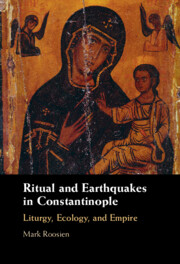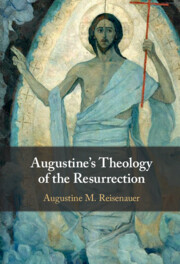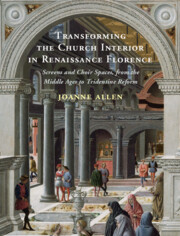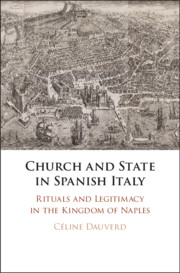Drawing on the witness statements compiled as part of the fifteenth-century diocesan inquest petitioning for the canonization of Jeanne-Marie de Maillé (1331–1414), a French holy woman and mystic, this paper argues that the inquisitorial process of saint-making offered an opportunity for deponents to make use of authoritative legal spaces for their own social and religious ends, and that through their use of rhetorical and narrative devices, deponents could use this contact with institutional mechanisms to perform acts of self-construction and self-authorization, over and above the formal requirements of the process. Through an examination the statements of two witnesses – one a canon of the Basilica of St Martin, and the other a bourgeoise laywoman – this paper illustrates that deponents could make use of a wide range of narrative strategies, from deploying the evidence of gossip to negotiate their own social position, to rhetorically crafting their own experiences in order to comment on and establish their own piety and devotion. The use of these strategies highlights the complexity of the interaction between individuals and institutions, and the multiple possibilities that were enabled by engagement with the machinery of the cult of saints.




